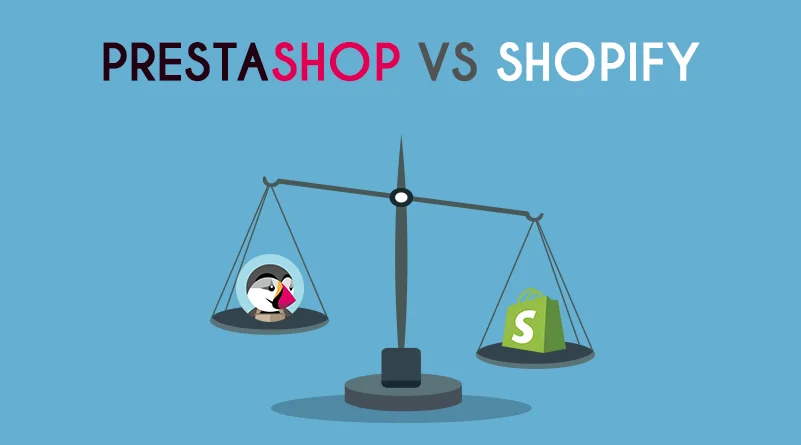In the ever-evolving world of commerce, maintaining a competitive edge is paramount. Artificial Intelligence (AI) in eCommerce promises to revolutionize the game, offering unprecedented opportunities for growth and innovation.
Understanding Artificial Intelligence
AI represents the pinnacle of computer science, empowering machines with human-like intelligence. From problem-solving to language translation, AI mimics cognitive functions, enabling autonomous decision-making and interaction.
Exploring AI Components
Machine Learning (ML)
ML equips machines with the ability to learn and improve from experience, facilitating tasks such as predictive analysis and fraud detection.
Natural Language Processing (NLP)
NLP enables computers to comprehend and communicate in human language, enhancing user interaction through chatbots and personalized assistance.
Computer Vision
Computer vision grants machines the capability to interpret visual data, revolutionizing tasks like image recognition and product categorization in eCommerce.
Neural Networks
Inspired by the human brain, neural networks drive functions like recommendation systems, optimizing user experiences and driving sales.

Benefits of AI in eCommerce
Implementing AI in eCommerce offers myriad advantages:
- Personalized Shopping Experience: AI-driven recommendation systems tailor product suggestions to individual preferences, fostering customer loyalty and engagement.
- Enhanced Customer Support: AI chatbots streamline customer service, providing prompt assistance and relieving human agents of routine inquiries.
- Fraud Detection: AI algorithms identify suspicious activities, safeguarding businesses against fraudulent transactions and ensuring financial security.
- Dynamic Pricing: AI analyzes market trends and consumer behavior, enabling dynamic pricing strategies to maximize profits and maintain competitiveness.

Real-Life AI Applications in eCommerce
- Amazon’s Recommendation System: Leveraging AI, Amazon delivers personalized product recommendations, enhancing user engagement and driving sales.
- Chatbots for Customer Support: AI-powered chatbots provide instant customer assistance, guiding users through their shopping journey and improving satisfaction.
- Visual Search: Visual search technology enables users to find products using images, offering a seamless shopping experience and increasing conversion rates.
- Inventory Optimization: AI predicts demand and optimizes inventory levels, preventing stockouts and minimizing excess inventory costs.
- Personalized Email Marketing: AI-driven email marketing campaigns tailor content to individual preferences, boosting engagement and conversions.

Implementing AI in Your eCommerce Business
- Identify Business Needs: Assess your eCommerce requirements and determine areas where AI can drive value, such as recommendation engines or chatbots.
- Choose Suitable AI Solutions: Select AI solutions that align with your business objectives, whether off-the-shelf software or custom-built solutions.
- Data Collection and Preparation: Gather and clean relevant data to fuel AI algorithms, ensuring accuracy and effectiveness in decision-making.
- Integration: Seamlessly integrate AI solutions into your eCommerce infrastructure, ensuring compatibility and efficiency across systems.
- Testing and Monitoring: Continuously test and monitor AI systems to optimize performance and address any issues promptly.
- Customer Education: Educate customers about AI features and their benefits, fostering adoption and enhancing user satisfaction.

Conclusion: AI as a Catalyst for eCommerce Growth
AI represents a transformative force in eCommerce, offering unparalleled opportunities for businesses to thrive in a competitive landscape. By harnessing AI capabilities effectively, businesses can elevate the shopping experience, drive operational efficiency, and achieve sustainable growth. Embrace the power of AI today and unlock the full potential of your eCommerce venture!




























